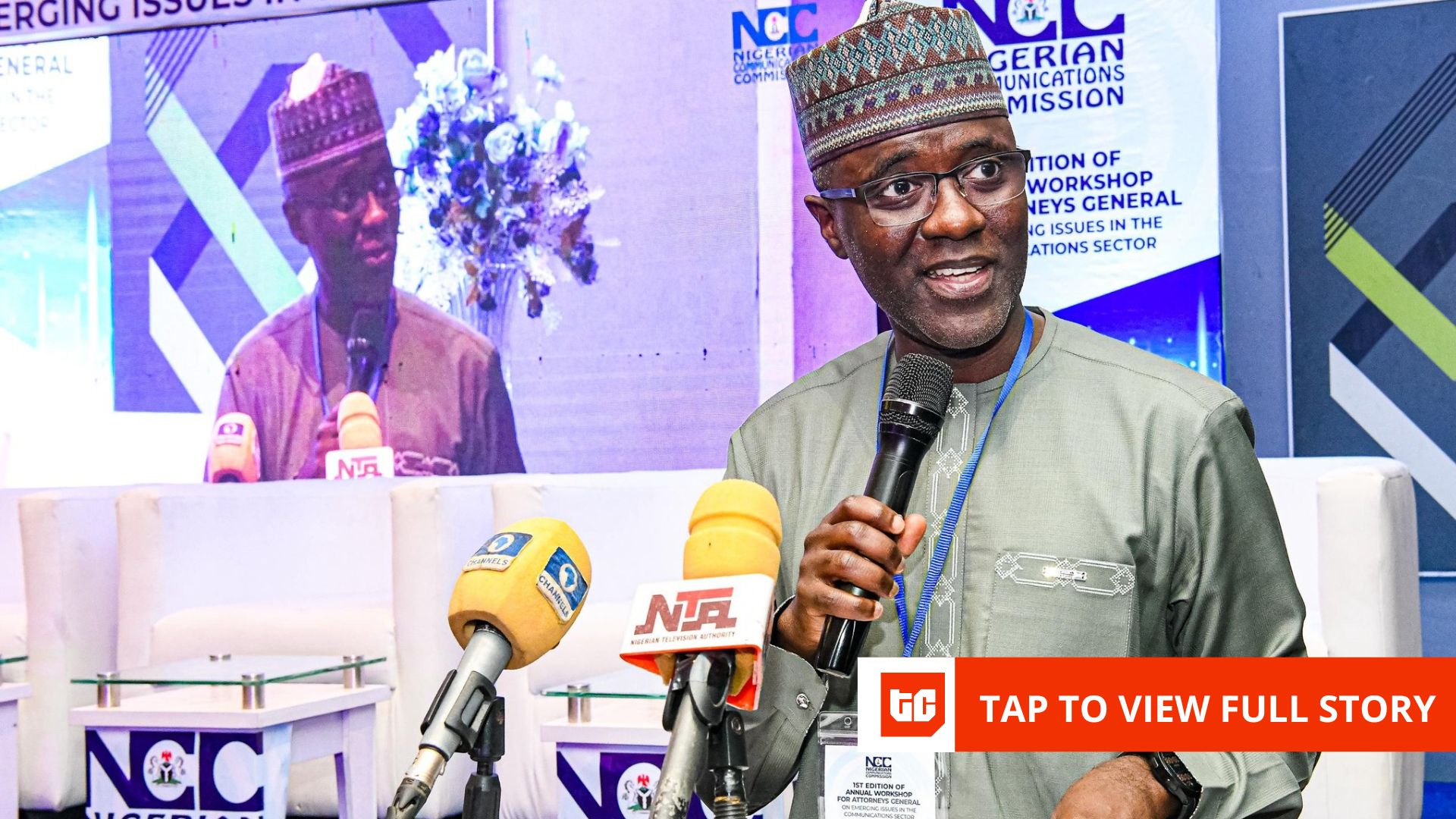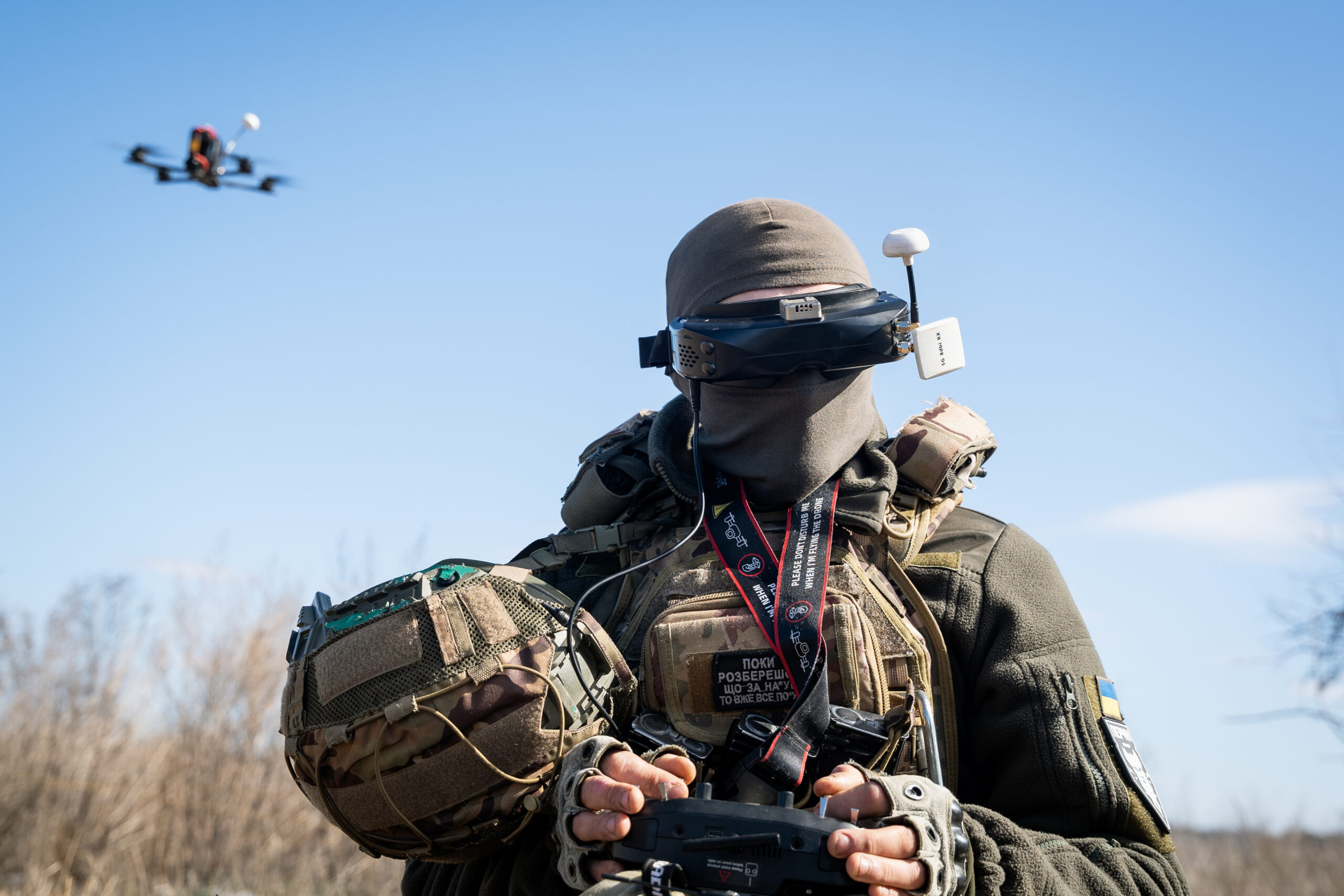Nigeria’s telecommunications operators have suffered over 19,000 fibre cuts between January and August 2025, according to the Nigerian Communications Commission (NCC). The incidents, coupled with widespread equipment theft and site vandalism, have caused prolonged network outages, service disruptions, and significant revenue losses across the sector.
Speaking at a business roundtable on broadband investment and infrastructure protection in Abuja on Wednesday, the NCC Executive Vice Chairman, Aminu Maida, described the trend as a major threat to Nigeria’s digital economy ambitions. He said the scale of vandalism—19,384 fibre cuts, 3,241 cases of equipment theft, and over 19,000 denials of access to telecom sites—underscored the urgency of protecting critical national information infrastructure.
“Connectivity is the quiet enabler of productivity, commerce, and even security. When it fails, opportunities evaporate, and in critical situations, lives can be put at risk,” Maida said.
The NCC chief noted that broadband connectivity has become as vital to national development as electricity or transportation infrastructure. With broadband penetration at 48.81% and over 140 million Nigerians online, the telecom sector remains a key driver of GDP growth. A World Bank study shows that every 10% increase in broadband penetration can boost GDP by up to 1.38%, making digital infrastructure protection a matter of economic survival.
Under the National Broadband Plan (2020–2025), Nigeria aims to achieve 70% broadband penetration and deploy 90,000 kilometres of fibre optic backbone by the end of 2025. The NCC, working with the Office of the National Security Adviser (ONSA) and the Federal Ministry of Communications, Innovation and Digital Economy, has been implementing measures to protect telecom assets following the signing of the Critical National Information Infrastructure (CNII) Order by President Bola Ahmed Tinubu in 2024.
The CNII Order empowers law enforcement agencies to act decisively against vandalism and network sabotage. It also mandates stricter security standards for telecom sites. Maida noted that the NCC and ONSA have dismantled major cartels involved in equipment theft and are strengthening collaboration with state governments, security agencies, and the judiciary to speed up prosecution and deterrence.
Still, other bottlenecks—such as high Right of Way (RoW) fees, energy costs, and multiple taxation—continue to slow broadband rollout. Although eleven states, including Adamawa, Bauchi, Enugu, Benue, and Zamfara, have completely waived RoW fees, the NCC urged other states to follow suit to enable faster fibre deployment.
“Every governor holds a strategic lever,” Maida said. “Waiving Right of Way charges and protecting telecom infrastructure can determine whether a state prospers or stagnates in the digital era.”
The Commission also announced plans to launch two strategic tools: the Ease of Doing Business Portal and the Nigeria Digital Connectivity Index (NDCI), to improve state-level transparency and measure digital readiness across Nigeria.
Maida called on states, operators, and the private sector to align efforts toward protecting infrastructure and expanding access. “Pipelines of oil are giving way to pipelines of fibre,” he said. “The digital revolution will not wait—Nigeria must align, invest, and protect its networks or risk being left behind.”
Mark your calendars! Moonshot by is back in Lagos on October 15–16! Meet and learn from Africa’s top founders, creatives & tech leaders for 2 days of keynotes, mixers & future-forward ideas. Get your tickets now: moonshot..com











